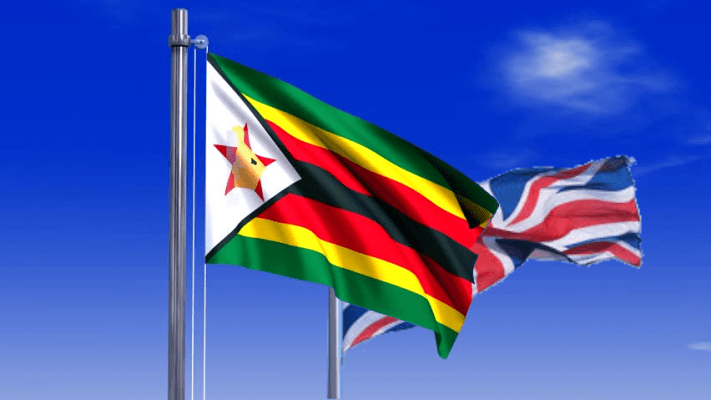$140 billion earmarked for infrastructure development
Almost $140 billion will be invested in public infrastructure next year to ensure everyone can participate in Zimbabwe’s social and economic development with investment in energy, transport, water, health, housing, education, ICT and irrigation leading the pack.
Under the National Development Strategy 1, the Government takes the lead in providing the infrastructure and services required by the private sector, which has the main responsibility for creating the new wealth, and to ensure that no one is left behind as Zimbabwe moves forward.
In the National Public Infrastructure Investment Programme for 2021, Finance and Economic Development Minister Mthuli Ncube said the programme provides new impetus in the delivery of projects that support economic recovery and growth, protect lives and livelihoods, create jobs and stimulate productive investment.
Enabling the infrastructure environment was necessary to support higher levels and quality of investment decisions and to give a bigger impact on national outcomes from such investment.
“The first priority will be to address the immediate health crisis arising from Covid-19. This includes interventions that ensure the safe return of formal learning for schools, colleges and universities. Restoration of services for critical enablers such as energy, water and sanitation, transport and ICT will also be prioritised as they are critical in driving economic recovery and the well-being of citizens.
“Funding for ongoing projects nearing completion or where funding commitments have been made towards their execution will also take precedence in resource allocation, in order to sustain works and reduce standing time charges.
“Overall support under the Infrastructure Investment Programme for 2021 amounts to $139,8 billion,” he said.
Under the package energy will be allocated $45,7 billion, transport $36,4 billion, water and sanitation $14,5 billion, ICT $7 billion, health $10 billion, education, $7,5 billion, irrigation $3,9 billion and housing $10,1 billion.
While the bulk of the funds come from Government revenue, Minister Ncube said consistent with Government decision that projects with capacity to generate cashflows be funded from the market, $39.9 billion will be mobilised through loans, mainly targeting the energy and transport sectors where tariffs and user fees are generated almost immediately and are able to service and repay the loans.
The own resources of parastatals account for $9,7 billion and development partner support another $5,3 billion, while statutory funds, mainly from the Road Fund and Rural Electrification Fund, amount to $8,9 billion.
On water Minister Ncube said Government seeks to close the gap between water supply and demand, including investments that meet the basic sanitation requirements of citizens.
“Strategic investments will be targeted at fully exploiting existing water sources, including development of new raw water sources that meets current demand as well as support future growth trends,” he said.
The Zimbabwe National Human Settlements Policy will address challenges inherent in the sector as well as explore models of delivery that will fast-track housing delivery in line with the NDS1 target of delivering 220 000 houses and flats by 2025.
He said establishment of strong institutions in the public sector is critical in achieving better outcomes from infrastructure spending outlays.
“Government has prioritised interventions that create a supportive investment climate, improve infrastructure governance systems and reduce construction transaction costs, among others,” he said.
Minister Ncube said in line with the Public Investment Management Guidelines, more robust and streamlined approach to project preparation and execution, together with fair and transparent procurement processes, are being developed to ensure efficiency, affordability and sustainability of public infrastructure services.
“Reform of 41 state-owned enterprises and parastatals, some of which provide critical public services, are being targeted for various interventions that include liquidation, partial privatisation, privatisation, commercialisation and departmentalisation with the goal of ensuring sustainable provision of public services,” he said.
“Already, the unbundling of the Civil Aviation Authority of Zimbabwe into a streamlined Civil Aviation Authority of Zimbabwe and a new Airports Management Company has been completed, with appointment of key personnel and transfer of assets and staff to the entities already underway.”
Minister Ncube said an enabling infrastructure environment was necessary to support higher levels and quality of investment decisions and impact on national outcomes from such investment.
“Government has prioritised interventions that create a supportive investment climate, improve infrastructure governance systems and reduce construction transaction costs, among others,” he said.
Minister Ncube said establishment of strong institutions in the public sector is critical in achieving better outcomes from infrastructure spending outlays.-herald.cl.zw











